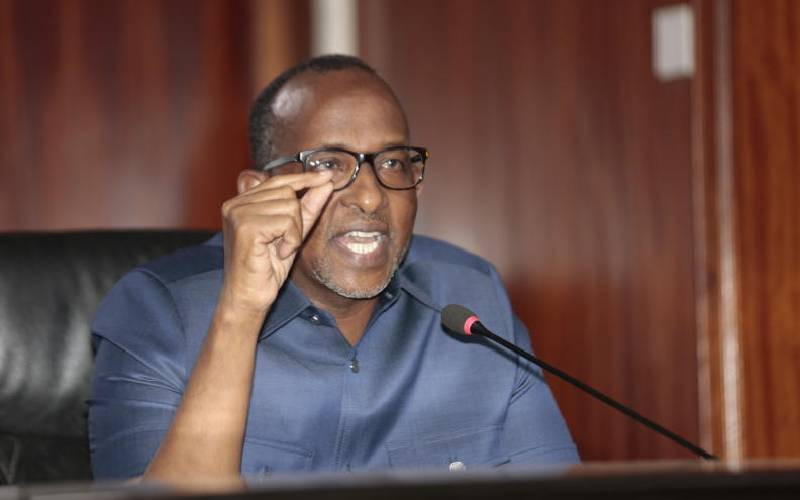×
The Standard e-Paper
Home To Bold Columnists

Defence Cabinet Secretary Adan Duale says he misses Parliament and plans to retire from public office with President William Ruto in 2032, if he wins a second term.
Duale, a key ally of the president, notes that after 15 years as a ranking member in the National Assembly where he served as the pioneer Majority Leader for eight years, and possbily another 10 years Cabinet, he deserves to retire to his farm in Garissa.